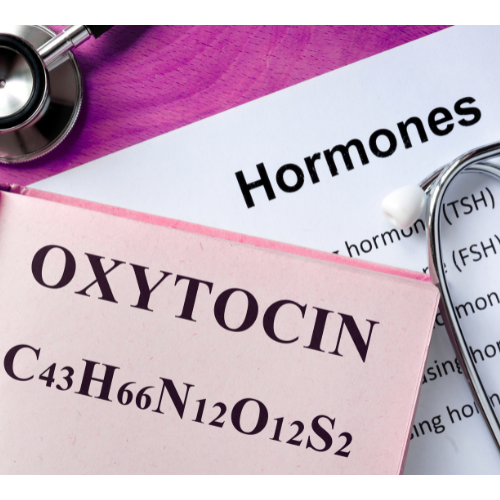What is Dyspareunia or "sexual pain"?
Many women experience sexual pain at some point in their lives. Sexual pain is often referred to as "dyspareunia" in the medical world, and can stem from a variety of causes. The first thing to understand is the pain "provoked" or "unprovoked". Unprovoked meaning the pain is there whether something is touching it or not. Provoked pain stems from insertion or sexual intercourse.
Unprovoked Dyspareunia
Unprovoked Dyspareunia could be from Vulvar Vestibulitis Syndrome or VVS, which is redness or irritation of the vestibule or skin outside of the vagina. VVS feels like a constant burning or stinging sensation all the time (ie when walking, sitting, exercising, etc.) There are two different types primary, meaning you are born with the condition, and secondary, meaning you developed the condition after many painless years. The first is generally corrected through surgery, as in the case of our founder. In these cases a woman is born with too many nerve endings in the vestibule tissue which cause the brain to feel aThe second could be a result of hormonal fluctuations, such as going on or off birth control. Generally, over some time this can be corrected through compound ointments which dull nerve pain, or by providing needed hormones whilst the body is rebalancing hormones. Other issues which might cause unprovoked dyspareunia include lichen sclerous, which are white itchy thin patches on the vaginal region. A steroid cream is often recommended to help with symptoms. Alternatively, common vaginal infections like Bacterial Vaginosis may cause a burning sensation/irritation.
Provoked Dyspareunia
Provoked Dyspareunia is when a woman experiences pain from penetration. It can stem from many causes, one being vaginismus. Vaginismus is when the vaginal muscles tense up during penetration leading to pain. It could be related to pelvic floor issues, or trauma but may also happen without an identifiable cause. Vaginal dilators can help to relax the pelvic floor muscles and help the vagina to relax during penetration. Other issues include bartholin cysts, pelvic floor issues, injury (from childbirth, tears), lack of lubrication/hormonal fluctuations.
Why you should address these issues
Women more often than not internalise these physical issues. As a result, these physical issues can lead to depression and affect our relationships. It's important to open up to your partner about how you are feeling. If sex is painful, letting your partner know that there is a physical condition and opening up the dialogue around that issue is so important. Often we as women don't want our partners to feel bad about the reality of our physical condition and thus we suppress the fact that we are in pain but in the end it just makes us avoid any further sexual encounters which in turn affects our relationships. This of course overall affects our libido--it's a vicious cycle. If you are experiencing any form of dyspareunia, aside from medical council a therapist can help you to address the emotional toll and give you tools to help you better communicate with your partner.
What else can I do to help with Low Libido or Low Sexual Desire?
Try Our Low Libido Treatment Cream--our first product in the UK and Europe to help increase desire by boosting blood flow to the clitoris and vaginal region, 30 minutes after application. It works in the same way that Viagra does for men. It contains generic Viagra, sildenafil, and other vasodilators which open the blood vessels and cause relaxation. Find out more information
here:








